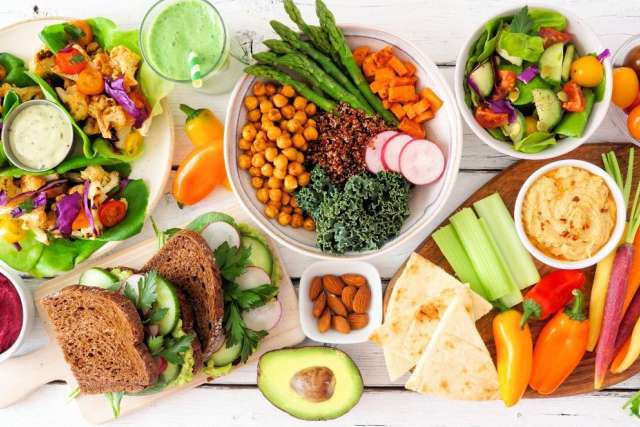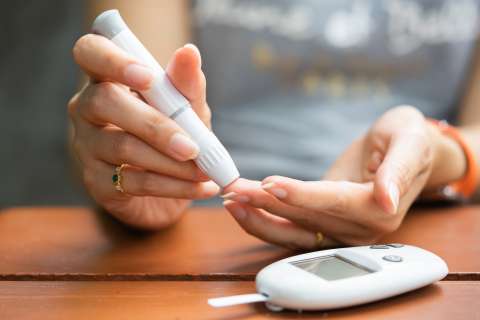Dear Doctor: What are flavonoids? All of a sudden, they’re in the news, and it sounds like if you get enough of them, you’ll have normal blood pressure. Can you get them in regular food?
Dear Reader: Flavonoids are definitely having a moment, and not for the first time. Two new studies join a larger body of existing research that associates flavonoids with a wide range of health benefits. They exhibit anti-inflammatory, antiviral and antitumor properties, which have been associated with a reduced risk of certain chronic diseases, including cancer, cardiovascular disease and neurodegenerative disorders.
As you have noticed, one of the two newer studies links the consumption of flavonoid-rich foods to improved blood pressure. The results of a separate study tie the nutrients to a lower incidence of cognitive decline in older adults. It’s important to note that these are observational studies. That means that, while the data points to certain conclusions, the methodology isn’t able to prove cause and effect.
Let’s start with flavonoids themselves. They are chemical compounds that, in addition to giving fruits and vegetables their bright colors, are directly involved in the development and growth of plants. They’re also referred to as phytonutrients. These are chemical compounds that plants produce that, while often beneficial to humans, are not essential to maintain life. The primary dietary sources of flavonoids are fruits, vegetables, some herbs, tea, wine and dark chocolate. Citrus fruits, blueberries, blackberries, cherries, red cabbage, kale, onions, apples, pears, peppers, oregano and parsley are excellent sources.
Flavonoids, which are broken down by the trillions of microbes that live in our gut, are subdivided into six groups. These are based on their chemical structure. Each subgroup offers unique health benefits, which makes it important to eat from a wide and varied range of fresh fruit and vegetables.

In the study that you heard about, which was published in Hypertension, a journal of the American Heart Association, researchers in Northern Ireland analyzed one year of health and dietary data from 900 study participants. They also sequenced the genetic composition of the bacteria in their guts. They found that consuming foods rich in flavonoids influenced the composition of the gut microbiome in a way that was beneficial to blood pressure. The effect appeared to be especially pronounced in people who ate at least 1 1/2 servings per day of foods rich in the subcategory of flavonoids associated with blue- and red-colored foods, such as blueberries, blackberries and red grapes.
In the other study, which appears online in the journal Neurology, researchers at Harvard University analyzed 20 years of health and nutritional data collected from 100,000 women and men. They found that people who ate a diet abundant in flavonoids lowered their risk of cognitive decline by as much as 20%. In this study, scientists said they suspect that the antioxidant properties of flavonoids have a protective effect on the blood supply to the brain.
There’s no specific recommendation for the quantity of flavonoids someone should eat each day. Instead, the takeaway here is to make a wide array of fresh fruits, vegetables and leafy greens a centerpiece of your diet.
(Send your questions to [email protected], or write: Ask the Doctors, c/o UCLA Health Sciences Media Relations, 10960 Wilshire Blvd., Suite 1955, Los Angeles, CA 90025. Owing to the volume of mail, personal replies cannot be provided.)





